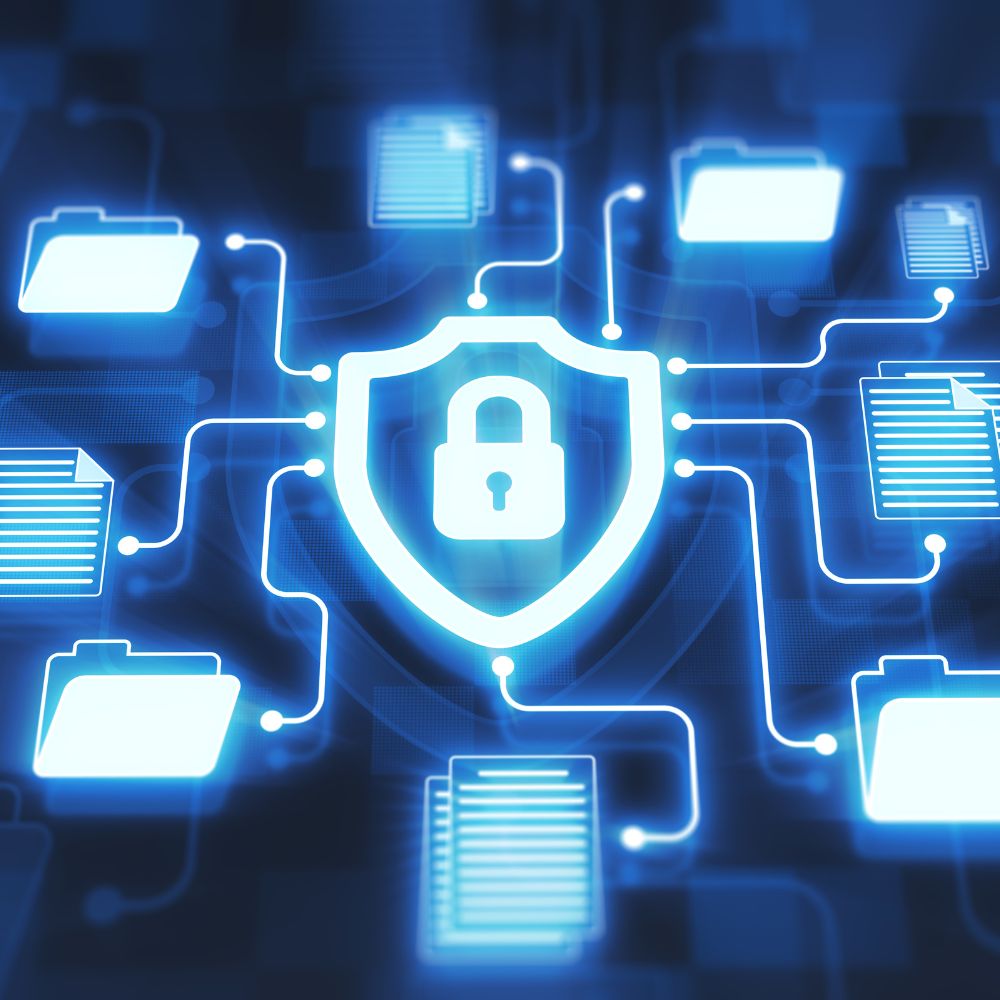Document Security In The Digital Age
2023-10-12 19:16:58

In the digital age, the security of your documents is of paramount importance. As businesses and individuals increasingly rely on digital documents, the risks associated with data breaches, unauthorised access, and document theft have never been greater.
In this comprehensive guide, we will explore the critical aspects of document security in the digital age and provide actionable steps to safeguard your sensitive information.
1. Data Encryption
One of the fundamental pillars of document security in the digital age is data encryption. Encryption converts your documents into unreadable code, making it nearly impossible for unauthorised users to decipher the content. Key considerations include:
- End-to-end Encryption: Implement end-to-end encryption for communications and file storage to ensure data remains secure both in transit and at rest.
- Strong Encryption Algorithms: Choose encryption algorithms that are recognised for their strength and reliability.
2. Access Control
Controlling who can access your digital documents is crucial. Here's how:
- User Authentication: Implement robust user authentication mechanisms, including strong passwords, biometrics, or multi-factor authentication (MFA).
- Access Permissions: Assign specific access permissions to individuals or groups, ensuring that only authorised personnel can view or edit documents.
3. Secure Storage
Where and how you store your digital documents can significantly impact security:
- Cloud Storage Security: If using cloud storage, choose reputable providers with strong security measures in place.
- Local Storage: On-premises storage solutions should be well-protected physically and digitally.
4. Regular Updates and Patch Management
Ensure that your document management software and security systems are up to date:
- Software Updates: Regularly update your operating systems, document management software, and security tools to patch vulnerabilities.
- Vulnerability Scanning: Use vulnerability scanning tools to detect weaknesses in your system and address them promptly.
5. Employee Training
Human error is a significant threat to document security:
- Security Training: Train employees on best practices for document security, including how to recognise phishing attempts and the importance of strong passwords.
- Security Policies: Establish clear security policies and procedures that employees should follow.
6. Backup and Recovery
Document security isn't just about preventing breaches; it's also about ensuring you can recover your data in case of loss or damage:
- Regular Backups: Schedule regular backups of your digital documents to secure locations.
- Disaster Recovery Plan: Develop a comprehensive disaster recovery plan that includes document restoration procedures.
7. Document Classification and Retention Policies
Not all documents are created equal, and they don't all need the same level of security:
- Classification: Categorise documents based on their sensitivity, and apply appropriate security measures accordingly.
- Retention: Implement document retention policies to ensure that sensitive information isn't stored longer than necessary.
8. Compliance with Regulations
Depending on your industry, you may need to comply with specific data security regulations:
- Data Protection Laws: Stay informed about data protection laws relevant to your business and ensure compliance.
Secure Your Documents with Daisy Business Solutions
Securing your documents in the digital age requires diligence, expertise, and the right tools. Daisy Business Solutions is your trusted partner in document security. With our deep knowledge of document management and security solutions, we can help you assess your security needs, implement robust security measures, and safeguard your sensitive information.
Don't take risks with your digital documents. Contact Daisy Business Solutions today to discuss your document security requirements. Together, we can ensure that your valuable information remains protected in the digital age. Your peace of mind is our priority.


